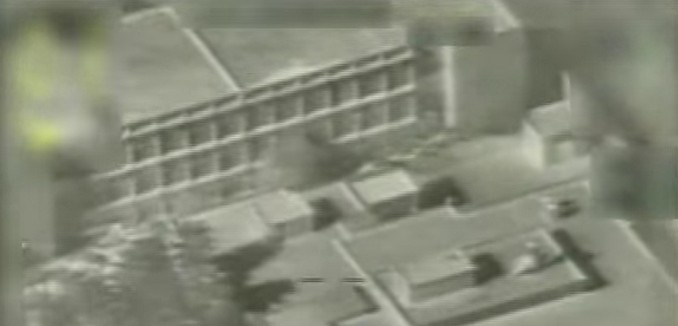Writing in The New Republic yesteday, Alexander Joffe and Asaf Romirowsky, argue that it’s time to retire the United Nations Relief and Works Agency (UNRWA), the United Nations (UN) agency solely devoted to the Palestinian cause. Joffe and Romirowsky argue that too often and especially during Operation Protective Edge, UNRWA was “effectively a branch of Hamas.”
The overwhelming majority of its employees in Gaza belong to the Hamas-linked trade union. An unknown number of employees are actual Hamas fighters (or at least know UNRWA employees with keys to the schools so that rockets can be stored in classrooms over the summer). The curriculum taught in UNRWA schools is shaped by Hamas, which earlier this year rejected textbooks that failed to tout “armed resistance” as too “peaceful.” Gaza cannot be rebuilt at western expense only to return to this perverse status quo.
Given that UNRWA, due to its ties to Hamas, should be disqualified from having anything to do with Gaza’s reconstruction Joffe and Romirowsky suggest an alternative:
UNRWA’s many responsibilities should be transferred to the Palestinian Authority, as a means of strengthening the PA practically, politically, and in the eyes of Gaza’s residents. UNRWA employees should be made PA employees and international funds redirected to support its programs. This would be one of the timeliest means of rebuilding the PA in a region where it has been weakest, Gaza, and a way to begin the long overdue process of dismantling UNRWA.
This recommendation has its flaws. The PA is monumentally corrupt while UNRWA is not (although recent revelations regarding diversions of building supplies provided by the U.N. and overseen by UNRWA to Hamas have begun to change that image). There must be the expectation that Western funds and supplies will go missing, only to end up in the bank accounts and businesses of PA leaders and their families. But if at long last international donors become serious about cracking down on PA corruption, and Gazans demanded accountability from their government, there is at least the chance for good governance to emerge.
To make the authors’ idea work it will require the West to be much stricter about limiting Palestinian corruption than it has been in the past.
Jonathan Schanzer warned in We Really Need to Talk About Corruption that was published in the September 2013 issue of The Tower Magazine that “simply hoping that corrupt leaders will make it happen from the top down against the interests of their profitable patronage networks and their own continued enrichment” will not lead to good governance.
The fatal weakness of UNRWA was described by Romirowsky in the May 2014 issue of The Tower Magazine in The Real Palestinian Refugee Crisis:
In effect, UNRWA has come to depend on the refugee problem itself. While the refugees benefit from its services, the organization benefits even more from the refugees. They are, of course, the organization’s raison d’être. UNRWA has no incentive whatsoever to resolve the Palestinian refugee problem, since doing so would render it obsolete. As a result, the agency not only perpetuates the refugee problem, but has, in many ways, exacerbated it. In doing so, it has made Israeli-Palestinian peace all but impossible.
[Photo: MFA Israel / YouTube ]




